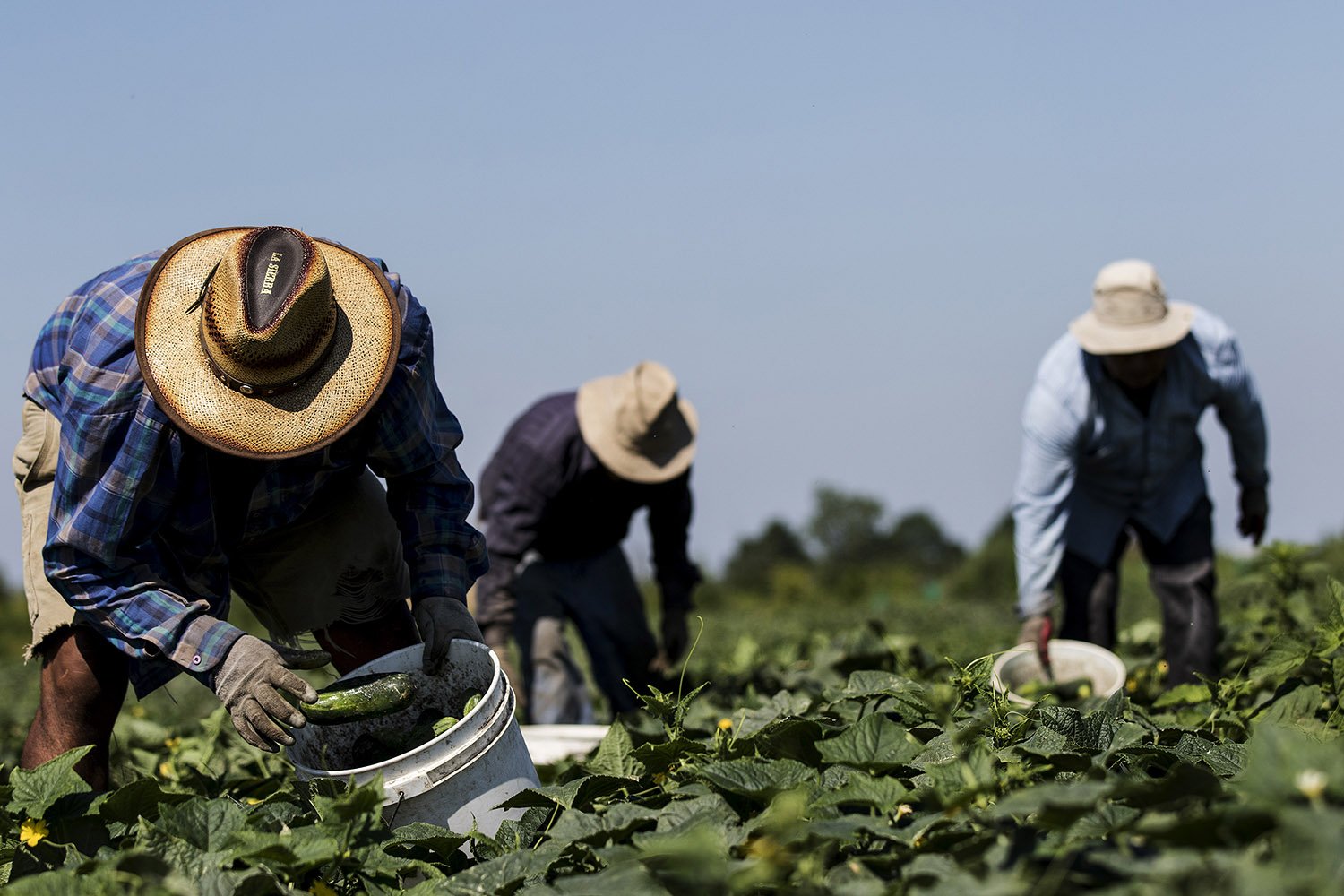Article
Canadair Challenger
Canadair Challenger, corporate executive aircraft developed and built in Canada. Exhaustive testing resulted in an advanced wing design, broad body and quiet, efficient engines. It carries up to 19 passengers at a normal cruise speed of 819 km/h.




